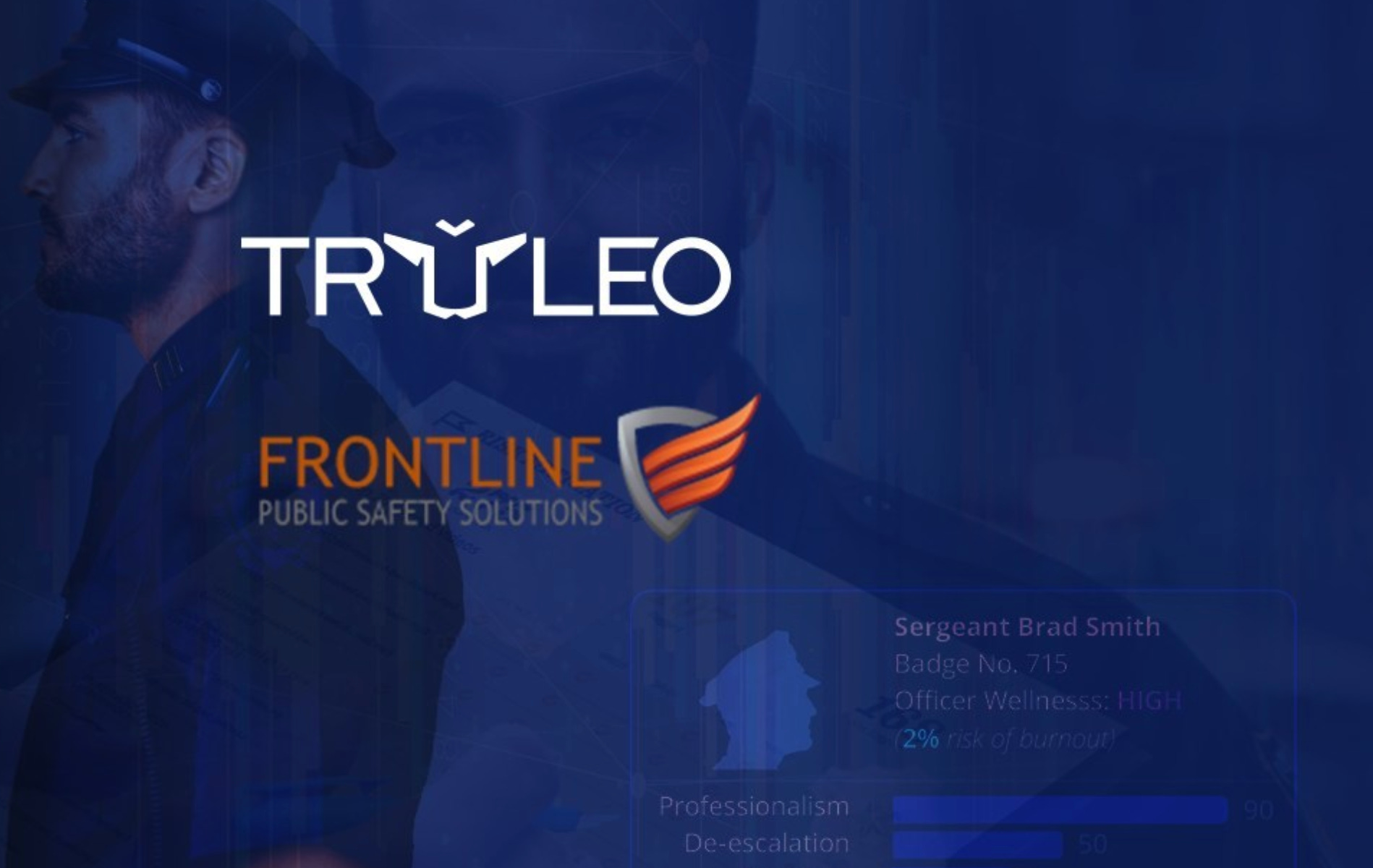SPD Mysteriously Abandons $200k Bodycam Analysis Software
Department technocrats had high hopes for a software suite that would use AI to scan bodyworn video but scrapped it suddenly. It's still unclear why.
Last week, the Seattle Police Department confirmed that it wouldn’t implement Truleo, a new AI software suite that automatically analyzes the audio from police bodycams for profanity and unprofessional language. According to the Seattle ethics commission contractors list, the city paid the Chicago-based startup $200,000 for the technology last year, and it’s a mystery why they decided to ditch it so suddenly.
SPD spokesperson Judinna Gulpan told Geekwire that the department was in the process of validating and deploying Truleo, but they “discontinued the project in light of reactions to the recent Axios and GeekWire articles.”
When asked, Gulpan didn’t specify which reactions, but it sure seems like they killed the whole thing over a thread DivestSPD wrote the week before.
We’re honestly not trying to overstate our role or impact, but it’s hard to escape that conclusion. There weren’t many other “reactions.”
Aside from Axios and Geekwire, there has been little recent coverage of SPD’s involvement with Truleo. Popular Science ran a story with a single skeptical quote on the day SPD announced it was pulling the plug. A Google News search returns few results in 2023. There were a handful of critical comments on Twitter, but most other posts are people hyping it up.

The original story quoted Loren Atherley, director of SPD’s Data and Analytics Program (DAP), as saying Seattle had “re-upped” a two-year contract. Why did SPD nix a project they already paid for?
Other questions remain, namely: Where did SPD get the money?
In the 2022 budget cycle, SPD asked for $1.24 million to fund technology projects, including Truleo. SPD asked for $740,000 to pay for Truleo as part of a larger project called the Equity, Accountability, and Quality (EAQ) Forum.
Those projects were cut in the Council’s balancing package. Unless it was bundled with something else, Truleo doesn’t appear to have been approved in mid-year supplemental budget adjustments. According to the August 2022 report to the federal monitor, Truleo was scheduled to come online before the end of the year.
SPD has been involved with Truleo since the platform first launched in 2021, and it’s described on the company’s website as the “anchor customer.” Atherley is one of only two people who contributed a testimonial quote to Truleo’s website, and SPD features prominently in most promotional materials.
Atherley told us via email:
Truleo reached out to me in the spring of 2021, through my affiliation with the NIJ LEADS Scholars program. We entered a technology demonstration project and decided it had sufficient promise to attempt a limited pilot, to validate functionality. We were in the process of that validation but have since discontinued the project, in light of reactions to the recent Axios and GeekWire articles.
He didn’t go into detail about how much SPD has spent on Truleo so far or if the demo was free. The contractor’s list only shows payments over $100,000, so it’s possible that the city could’ve paid an amount less than that before June 2022.
Truleo is part of a larger trend of departments attempting to build a better cop by applying tech-driven HR solutions from the corporate sector to policing.
Another DAP project that never made it past the city council was a $500,000 program called Active Workforce Wellness Management (AWWM). That would involve attaching biometric sensors to officers to monitor them for signs of stress and other nervous system responses to “mitigate undesirable policing outcomes.” This is an idea corporate HR departments have been floating for a minute now.
Likewise, Truleo is something born in the corporate world. It’s based on technology that banks use for surveilling customer service reps.
The pitch is that this will lead to more cordial and “professional” interactions, leading to better outcomes, such as reduced use of force. Of course, we’re highly skeptical of those claims.
In any case, we’re glad that SPD thinks so highly of our opinions that they scrapped this whole program after we mildly criticized it. We have lots of other suggestions if they’re interested. One is in the name of the group, actually.





